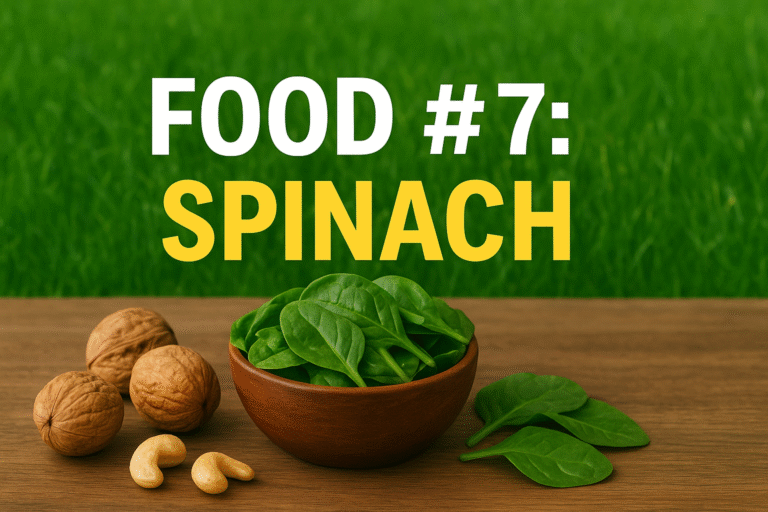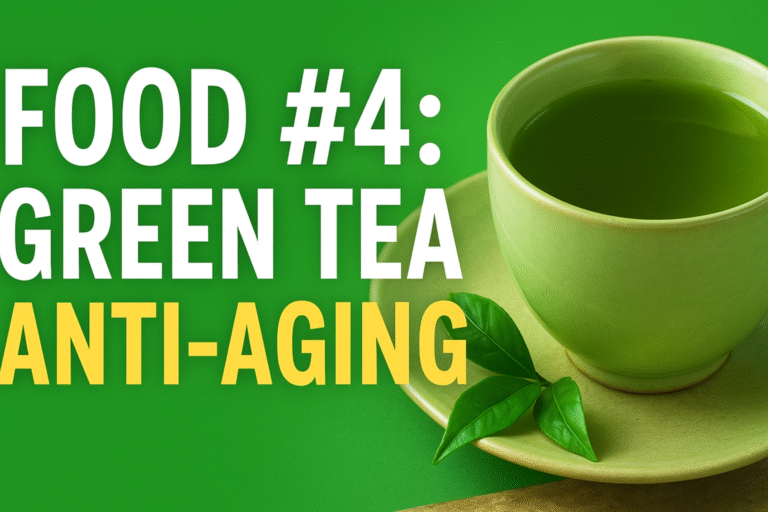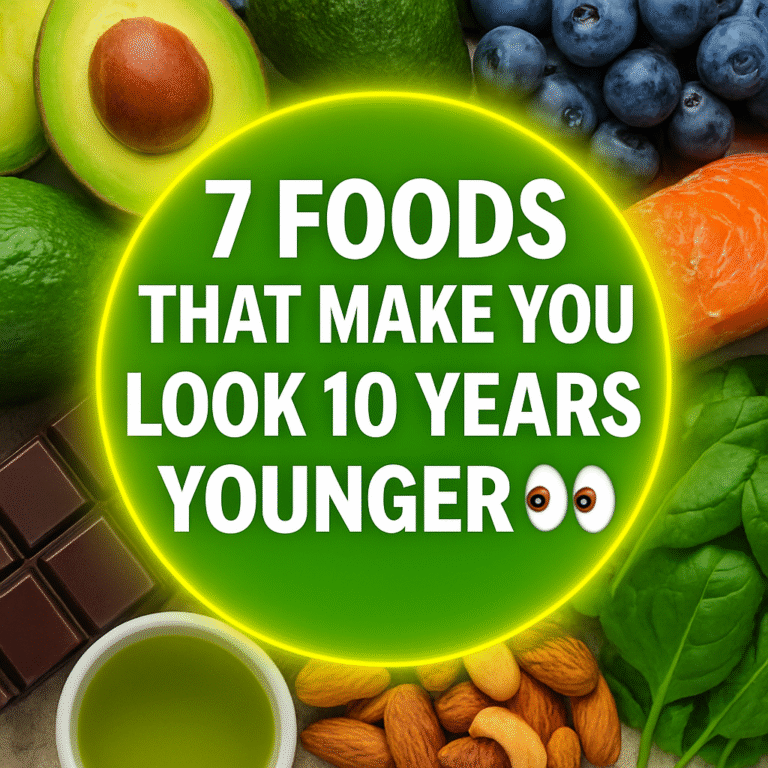The Hidden Danger: Why You Should Never Mix Alcohol with Certain Medications
Meta Description: Discover why mixing alcohol with common medications like painkillers, antidepressants, and antibiotics can be dangerous or even deadly. Learn which drugs you should never take with alcohol and protect your health.
Introduction: A Silent but Serious Risk
It often starts innocently. You’ve had a long week, you sit down for dinner, and a glass of wine sounds perfect. But earlier that day, you also took medication—maybe for pain, anxiety, or a simple infection. At first, you don’t think much of it. But behind the scenes, your body is facing a potentially dangerous chemical battle.
Mixing alcohol with certain drugs doesn’t just make you feel worse—it can turn into a life-threatening situation. In this article, we’ll explore which drugs should never be mixed with alcohol, why the risks are so high, and how to protect yourself and your loved ones.
Why Alcohol and Drugs Don’t Mix
Alcohol affects the body in complex ways. It acts as a depressant on the central nervous system, slows brain function, and impacts how the liver processes substances. When you add medications into the mix, two things often happen:
- Reduced effectiveness of the drug. Your medicine may not work as intended.
- Toxic chemical reactions. Alcohol can turn safe medications into harmful compounds, sometimes acting like poison.
The result? Increased side effects, damage to vital organs, and in severe cases, coma or death.
Common Drugs That Should Never Be Mixed with Alcohol
1. Painkillers (Opioids and Acetaminophen)
Imagine this: You’ve had a painful backache all day and took painkillers for relief. Later, you join friends for drinks. Suddenly, your body feels overwhelmingly heavy, your breathing slows, and you can barely stay awake.
- Opioids (like oxycodone, hydrocodone, morphine): Alcohol magnifies their sedative effect, which can slow breathing to the point of respiratory failure. Many accidental overdoses happen this way.
- Acetaminophen (Tylenol): Alone, it’s safe if taken properly. But combined with alcohol, it becomes toxic to the liver, leading to irreversible damage.
2. Antidepressants and Anti-Anxiety Medications
Depression and anxiety are already difficult to handle. Adding alcohol to antidepressants (like SSRIs or SNRIs) or anti-anxiety medications (like benzodiazepines) can intensify feelings of sadness, confusion, and fatigue.
- Benzodiazepines (Valium, Xanax, Ativan): Mixing with alcohol can cause extreme drowsiness, dizziness, impaired motor skills, and even blackouts.
- SSRIs (Prozac, Zoloft, Lexapro): Alcohol reduces their effectiveness and worsens depression symptoms, creating a dangerous emotional spiral.
3. Antibiotics
While not every antibiotic interacts dangerously with alcohol, some can cause severe reactions. For instance, metronidazole (Flagyl) and tinidazole can trigger nausea, vomiting, rapid heartbeat, and intense flushing when combined with alcohol.
Imagine sitting at dinner, sipping on wine, and suddenly your stomach turns, your face feels like it’s on fire, and your heart races—it’s terrifying.
4. Diabetes Medications
For people managing diabetes, alcohol mixed with medications like insulin or sulfonylureas can dangerously lower blood sugar. Symptoms like dizziness, confusion, and fainting can come quickly—and in severe cases, seizures or coma.
5. Sleep Medications
Drugs like Ambien and Lunesta are designed to help you rest, but alcohol doubles their sedative power. The outcome? Unpredictable behavior, memory blackouts, and in some cases, dangerous sleepwalking incidents.
6. Heart Medications
Mixing alcohol with blood pressure medications, anticoagulants (like warfarin), or heart rhythm drugs can cause blood pressure swings, internal bleeding, or increased risk of stroke.
Real-Life Feelings: What It’s Like
It’s not just about medical facts—it’s about real people.
One patient described the feeling of mixing antibiotics and alcohol as, “My face was burning, my stomach felt like it was turning inside out, and I thought I was going to pass out in public.”
Another who drank after taking painkillers said, “I woke up in the hospital, not even remembering how I got there. They told me my breathing almost stopped.”
These aren’t rare events. They’re everyday risks that often go unnoticed until it’s too late.
The Role of the Liver
Your liver is your body’s detox center. But when alcohol and drugs meet, the liver struggles. Both substances compete to be broken down, leading to toxic build-up. This is why long-term mixing of alcohol and medications often leads to liver damage, cirrhosis, or failure.
Tips to Stay Safe
- Always read medication labels. Many bottles clearly warn against alcohol use.
- Ask your doctor or pharmacist. If you’re unsure, it’s better to ask than to risk it.
- Wait before drinking. Some medications stay in your system for hours or even days.
- Choose alternatives. If you’re on long-term medication, consider alcohol-free beverages.
Conclusion: Protecting Your Health
Alcohol and medications can both play roles in our lives—but together, they can be a deadly mix. The glass of wine, the casual beer, or the night out may not seem dangerous, but combined with certain drugs, it can quickly spiral into a medical emergency.
The next time you reach for a drink while on medication, pause and remember: your health and safety come first. Protect yourself, and if you care about others, share this knowledge—it might save a life.
Final Thought: Life is too valuable to risk for a momentary drink. Know the risks, stay informed, and make choices that honor your well-being.







